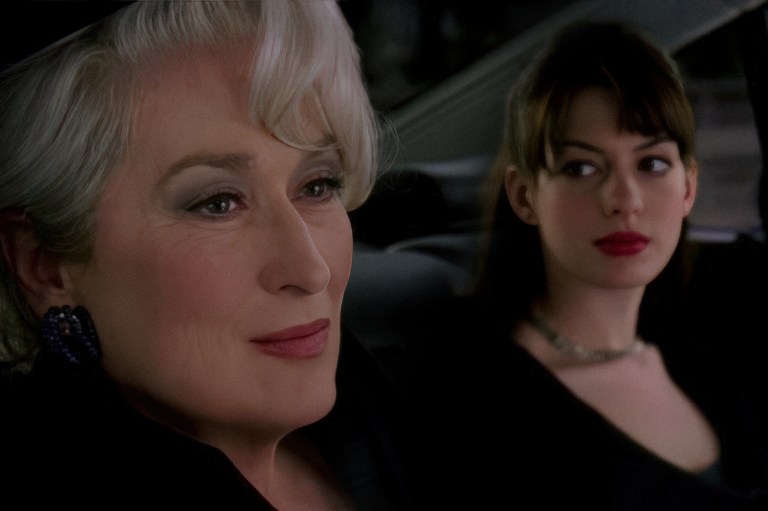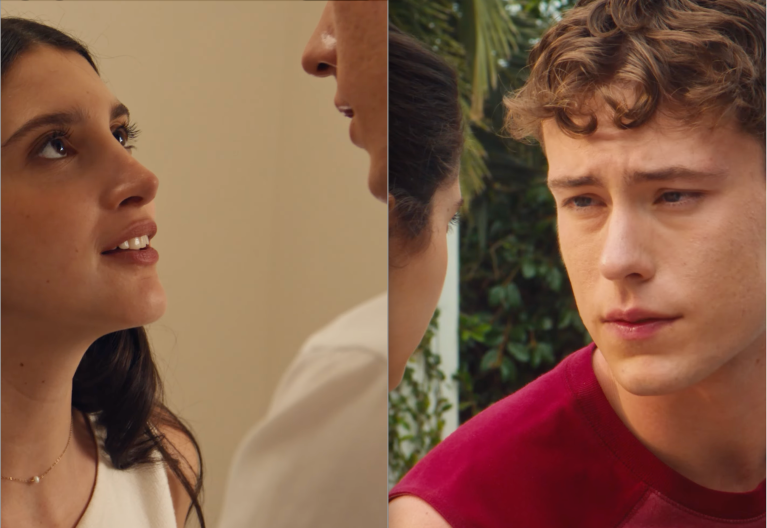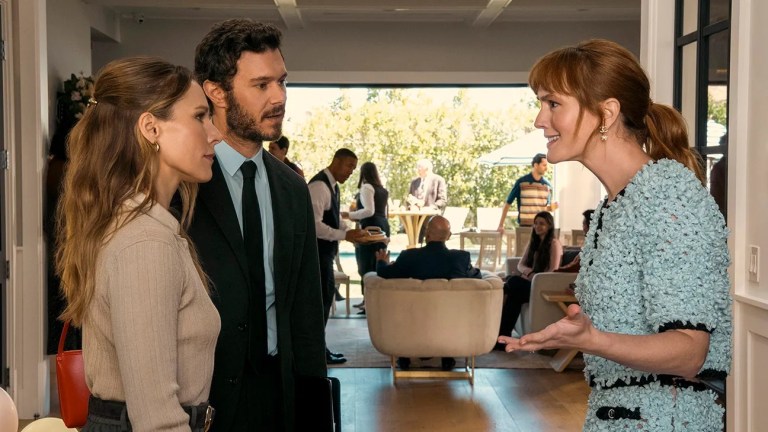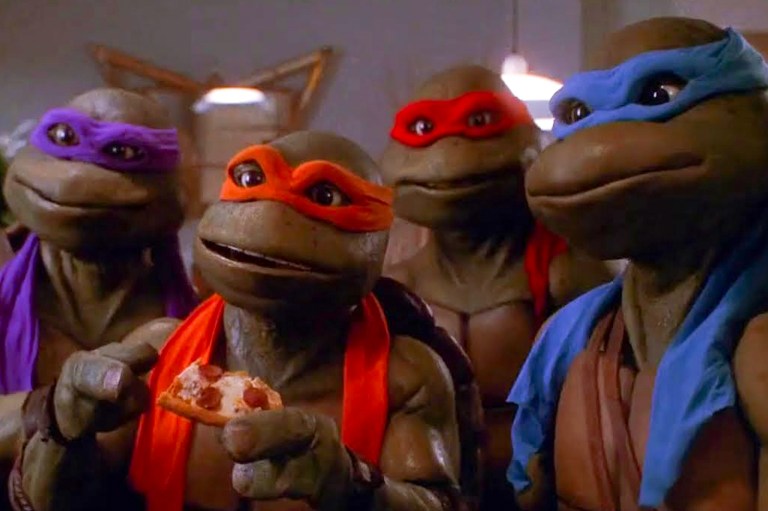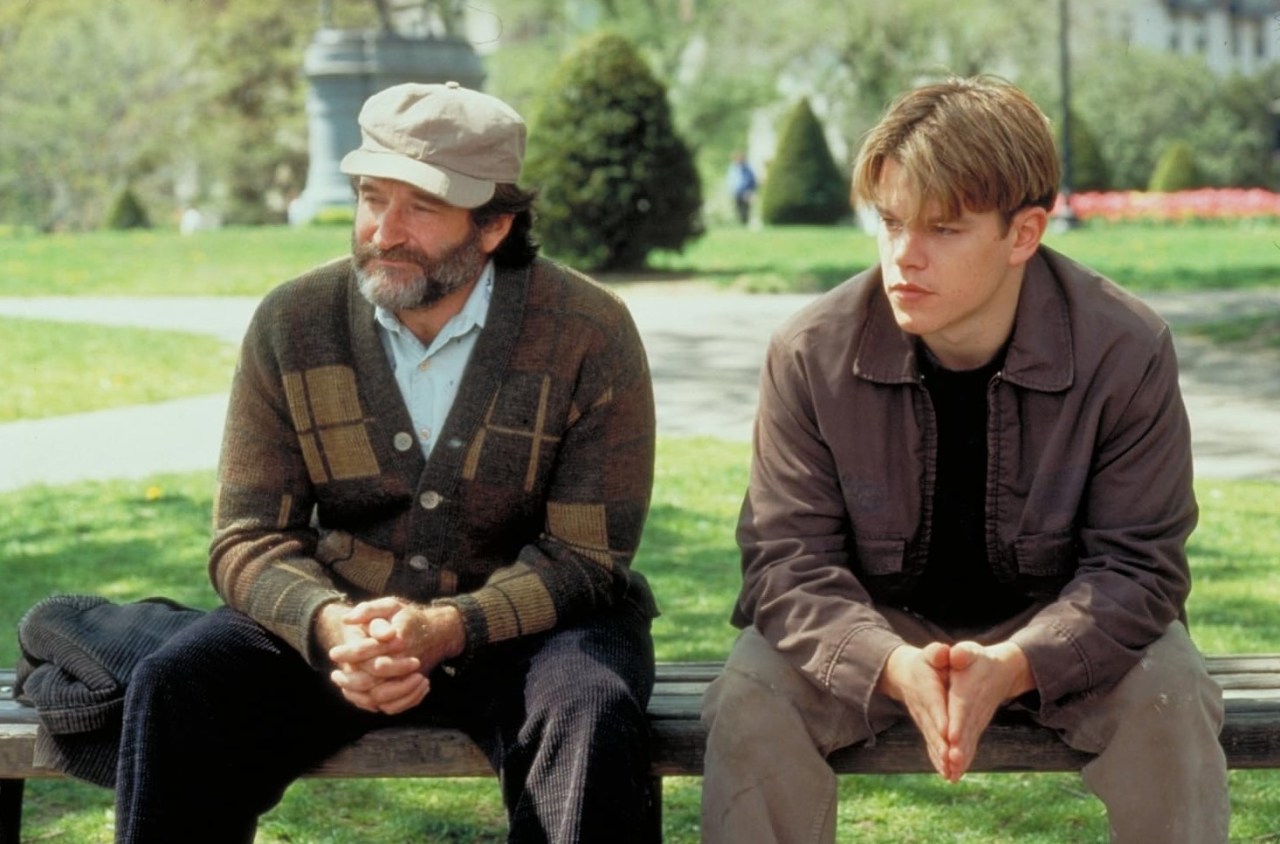
4 Movie Endings That Hit Harder In Your 30s
Watching those same films years later is a whole different experience. You walk in with a lot more baggage…the stress of work, bills piling up, the loss of people you’ve loved, the weight of raising kids or figuring out who you are.
By Erin Whitten
When I was younger, I thought movies were simple. The good guy wins, the couple finally kisses, everything clicked into place and you left the viewing satisfied. I didn’t think much about what the characters had gone through because to me, they were just characters.
Watching those same films years later is a whole different experience. You walk in with a lot more baggage…the stress of work, bills piling up, the loss of people you’ve loved, the weight of raising kids or figuring out who you are. Suddenly, the same endings you thought were happy or simple aren’t so simple anymore. A character’s quiet breakdown feels familiar, a goodbye stings in a way it didn’t before, and you notice emotions you completely missed the first time. That’s what makes these four movies so powerful.
‘The Pursuit of Happyness’ (2006)
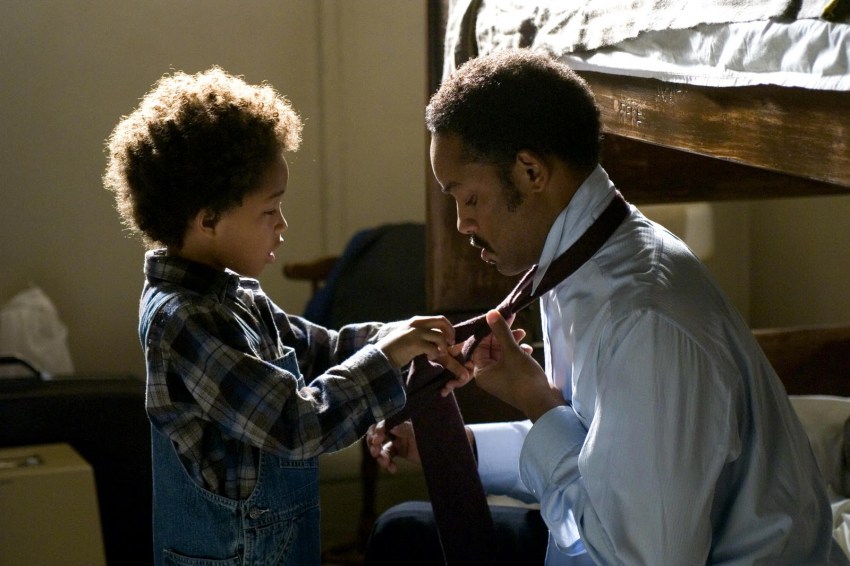
Chris Gardner’s story is pure survival from start to finish. He’s chasing an unpaid internship by day, lining up at shelters by night, hauling his young son through subway stations when they have nowhere else to sleep, and the movie doesn’t gloss over how harsh it is. You feel every slammed door, every rejection, every moment where he has to smile at his boy while falling apart inside. By the time he’s called into the office near the end, you’re just as tired as he is. Then the words come… he got a job. For a second, Chris can’t move. He shakes hands, steps out of the room, and only when he’s swallowed by the crowd does it hit him. He claps his hands, his face breaks, and he cries. As a kid, it looks like a happy ending – yet as an adult, it feels heavier. I bet you understand how close he was to losing everything, how unfair the fight was, and how rare it is to actually catch a break. If you’ve ever been behind on rent, skipped meals to make things work, or wondered how you’d get through the next month, you know exactly why this ending doesn’t just make you smile, it makes you cry.
‘Good Will Hunting’ (1997)
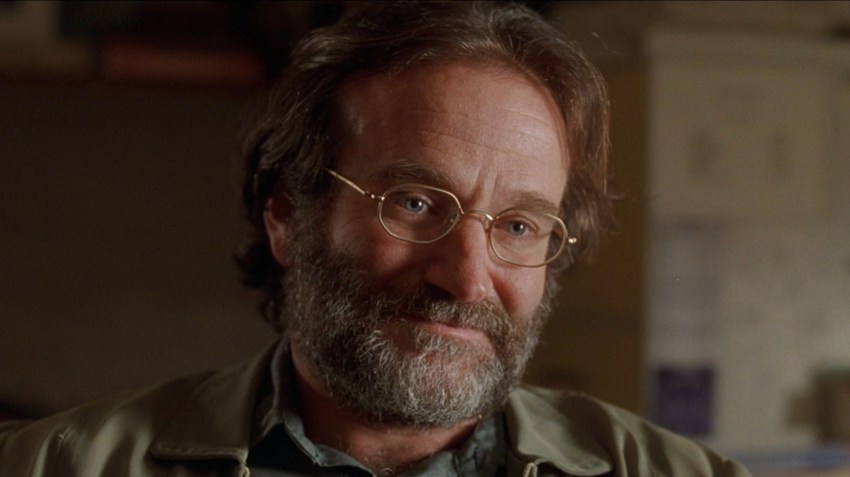
Will Hunting is a young dude from South Boston who’s a total genius. He can figure out crazy math problems and is smarter than pretty much everyone around him, but the only thing is, he uses his brains to keep people at arm’s length. He’s always getting into trouble, making fun of people, and doesn’t let anyone know who he REALLY was. As the movie goes on, he starts seeing this therapist, Sean, who makes him face all the stuff he’s been hiding from for years, the pain and the bad stuff. The big moment is when Sean tells him, It’s not your fault, and that’s when Will finally lets himself feel everything he’s been trying to avoid. The way it actually ends is pretty simple, because Will decides he’s done wasting his life hiding. He skips town, not to be famous or rich, but to give things a shot with Skylar, the girl he’s scared to be with. As adults, we all know how easy it is to get stuck doing the same old thing, letting pain or just wanting to be comfortable stop you from trying to get something better. Seeing Will finally go for it makes the ending feel real for anyone who’s ever had to make a change.
‘Forrest Gump’ (1994)
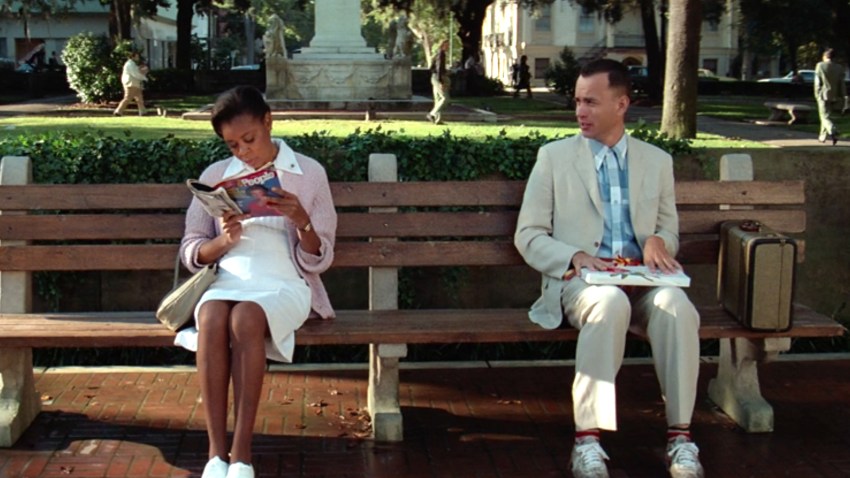
We all recall Forrest sitting at a bus stop in Savannah, telling folk about his life. He recalls growing up in Alabama with leg braces, meeting Jenny, and discovering his gift for running. After school he enlists, befriends Bubba, and promises they’ll go into the shrimp business together. In Vietnam, Bubba is killed, but Forrest saves Lieutenant Dan and earns the Medal of Honor. Life takes Forrest through fame as a ping-pong player, TV appearances, and even exposing Watergate. He keeps every promise he makes, buying a shrimp boat in Bubba’s memory, turning it into a thriving company, and giving back to Bubba’s family and the community. He loses his mother to cancer, finds Jenny again only to lose her, and copes by running across the country for years. Through all of it, his love for Jenny never fades.
When Jenny writes to him, Forrest finally learns they have a son together. The moment he sees little Forrest and nervously asks if the boy is smart is one of the most vulnerable in the film, because it’s the question that has defined his entire life. Jenny is sick, and soon after they marry, she dies. The final scene is quiet but crushing. Forrest takes his son to the school bus, straightens his clothes, and repeats the same comforting words his mother once told him. He sits alone on the bench as the bus drives away, and the feather from the opening drifts back into view. As a kid, you remember the running, the shrimp boat, and the presidents. As an adult, the weight of the whole story comes crashing down in that last moment. Forrest has lived through history, loss, and love, but what matters most is his role as a father, and the loneliness he left behind.
‘Toy Story 3’ (2010)
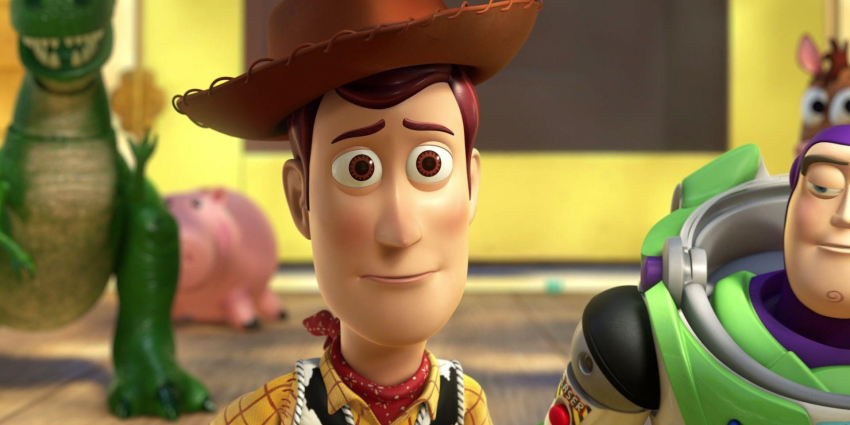
Andy is about to leave for college, and his toys don’t know where they belong anymore. A mix-up sends them to Sunnyside Daycare, which looks cheerful at first but quickly reveals itself as something else entirely. Lotso, a pink teddy bear who runs the place, hides his bitterness behind kindness, and the toys are left at the mercy of rough toddlers. Woody insists Andy still cares, but the others feel abandoned, and their escape attempt leads them to the landfill. They’re saved, but the real ending comes later. Woody makes sure Andy passes the toys on to Bonnie, a little girl who will love them as much as he once did. Andy introduces each toy, hesitating the longest with Woody before finally handing him over. The way he plays with them one last time, then quietly says goodbye, hits in a way you don’t expect when you’re young. It’s not just about toys, it’s about leaving behind pieces of yourself, knowing you can’t carry them into the next chapter. Woody watches Andy drive away and whispers, “So long, partner,” and by then the tears aren’t optional.

